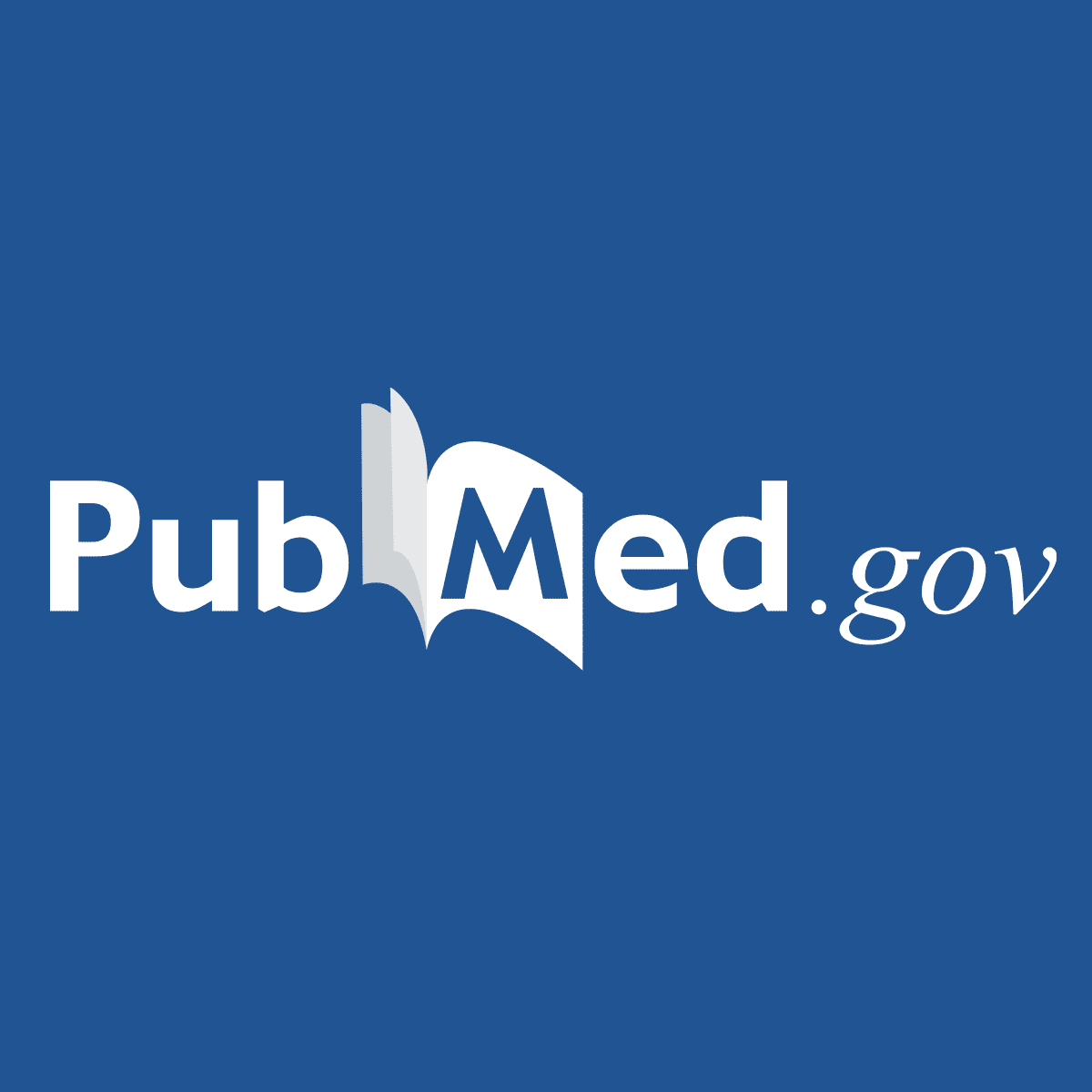Abstract
Few models exist that allow for rapid and effective screening of anti-metastasis drugs. Here, we present a drug screening protocol utilizing gastrulation of zebrafish embryos for identification of anti-metastasis drugs. Based on the evidence that metastasis proceeds through utilizing the molecular mechanisms of gastrulation, we hypothesized that chemicals interrupting zebrafish gastrulation might suppress the metastasis of cancer cells. Thus, we developed a phenotype-based chemical screen that uses epiboly, the first morphogenetic movement in gastrulation, as a marker. The screen only needs zebrafish embryos and enables hundreds of chemicals to be tested in five hours by observing the epiboly progression of chemical-treated embryos. In the screen, embryos at the two-cell stage are firstly corrected and then developed to the sphere stage. The embryos are treated with a test chemical and incubated in the presence of the chemical until vehicle-treated embryos develop to the 90% epiboly stage. Finally, positive ‘hit’ chemicals that interrupt epiboly progression are selected by comparing epiboly progression of the chemical-treated and vehicle-treated embryos under a stereoscopic microscope. A previous study subjected 1,280 FDA-approved drugs to the screen and identified adrenosterone and pizotifen as epiboly-interrupting drugs. These were validated to suppress metastasis of breast cancer cells in mice models of metastasis. Furthermore, 11β-hydroxysteroid dehydrogenase 1 (HSD11β1) and serotonin receptor 2C (HTR2C), the primary targets of adrenosterone and pizotifen, respectively, promoted metastasis through induction of epithelial-mesenchymal transition (EMT). We subjected 120 herbal medicines to this screen and identified cinnamon bark extract as an epiboly-interfering drug. Cinnamon bark extract was validated to suppress metastatic dissemination of breast cancer cells in a zebrafish xenograft model. Therefore, this screen could be converted into a chemical genetic screening platform for identification of metastasis-promoting genes.Gastrulation Screening to Identify Anti-metastasis Drugs in Zebrafish Embryos —BIO-PROTOCOL
Few models exist that allow for rapid and effective screening of anti-metastasis drugs. Here, we present a drug screening protocol utilizing gastrulation of zebrafish embryos for identification of anti-metastasis drugs. Based on the evidence that metastasis proceeds through utilizing the...
Pizotifen is a benzocycloheptene-based drug used as a medicine, primarily as a preventive to reduce the frequency of recurrent migraine headaches.
Benzocycloheptenes include:
- Antihistamines and Antiserotonergics
- Anticholinergics
- Anticonvulsants
- Antidepressants and Anticholinergics
- Various
A zebrafish embryo screen utilizing gastrulation identifies the HTR2C inhibitor pizotifen as a suppressor of EMT-mediated metastasis
Zebrafish embryo screen utilizing conserved mechanisms between cancer metastasis and zebrafish gastrulation identifies the HTR2C inhibitor pizotifen as anti-metastasis drugs.

Novel Zebrafish Model of Metastasis Identifies the HSD11β1 Inhibitor Adrenosterone as a Suppressor of Epithelial–Mesenchymal Transition and Metastatic Dissemination
AbstractMetastasis of cancer cells is multi-step process and dissemination is an initial step. Here we report a tamoxifen-controllable Twist1a-ERT2 transgenic zebrafish line as a new animal model for metastasis research, and demonstrate that this model can serve as a novel platform for discovery...

Cinnamon bark extract suppresses metastatic dissemination of cancer cells through inhibition of glycolytic metabolism - PubMed
Metastasis is responsible for approximately 90% of cancer-associated mortality and proceeds through multiple steps. Several herbal medicines are reported to inhibit primary tumor growth, but the suppressor effects of the medicines on metastasis progression are still not fully elucidated. Here we...
